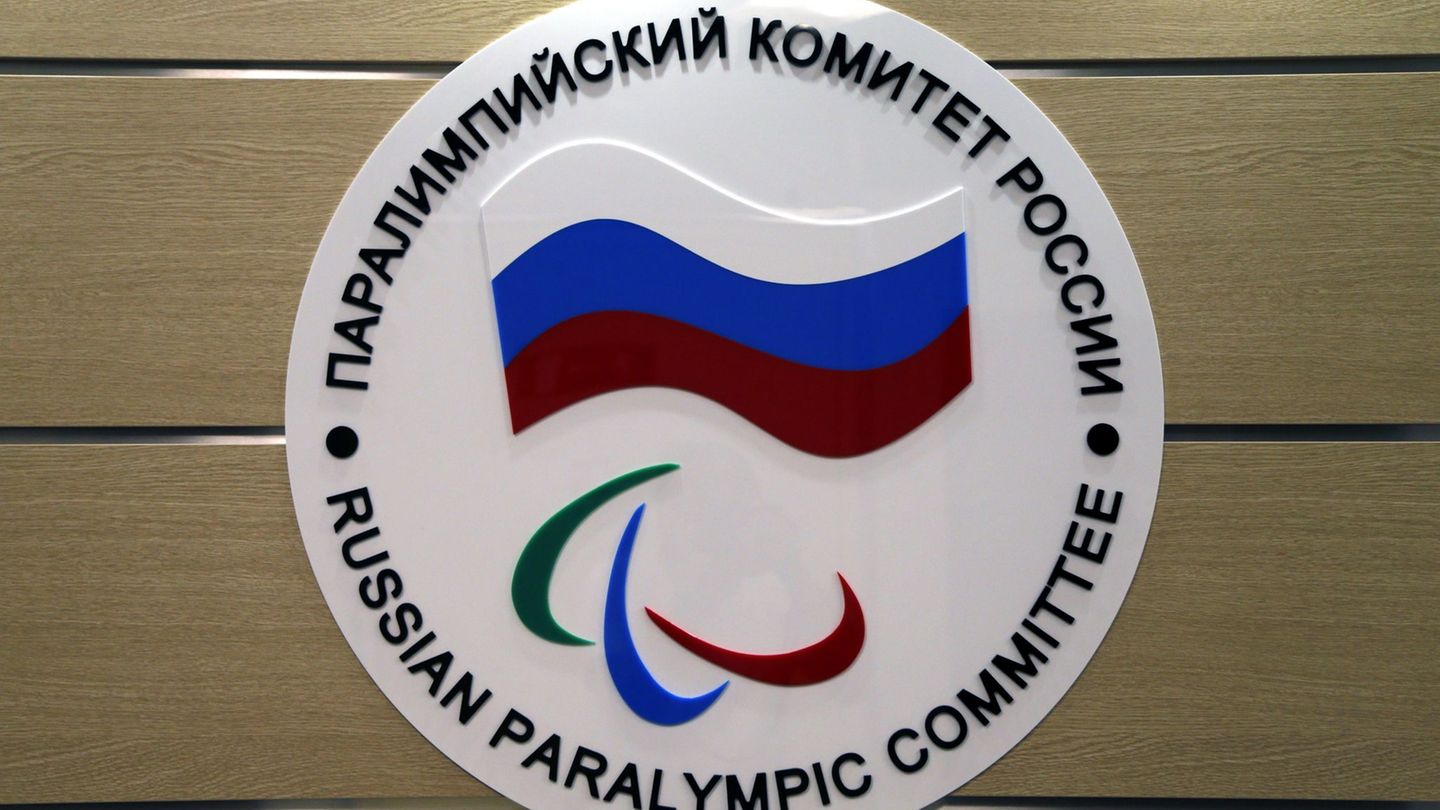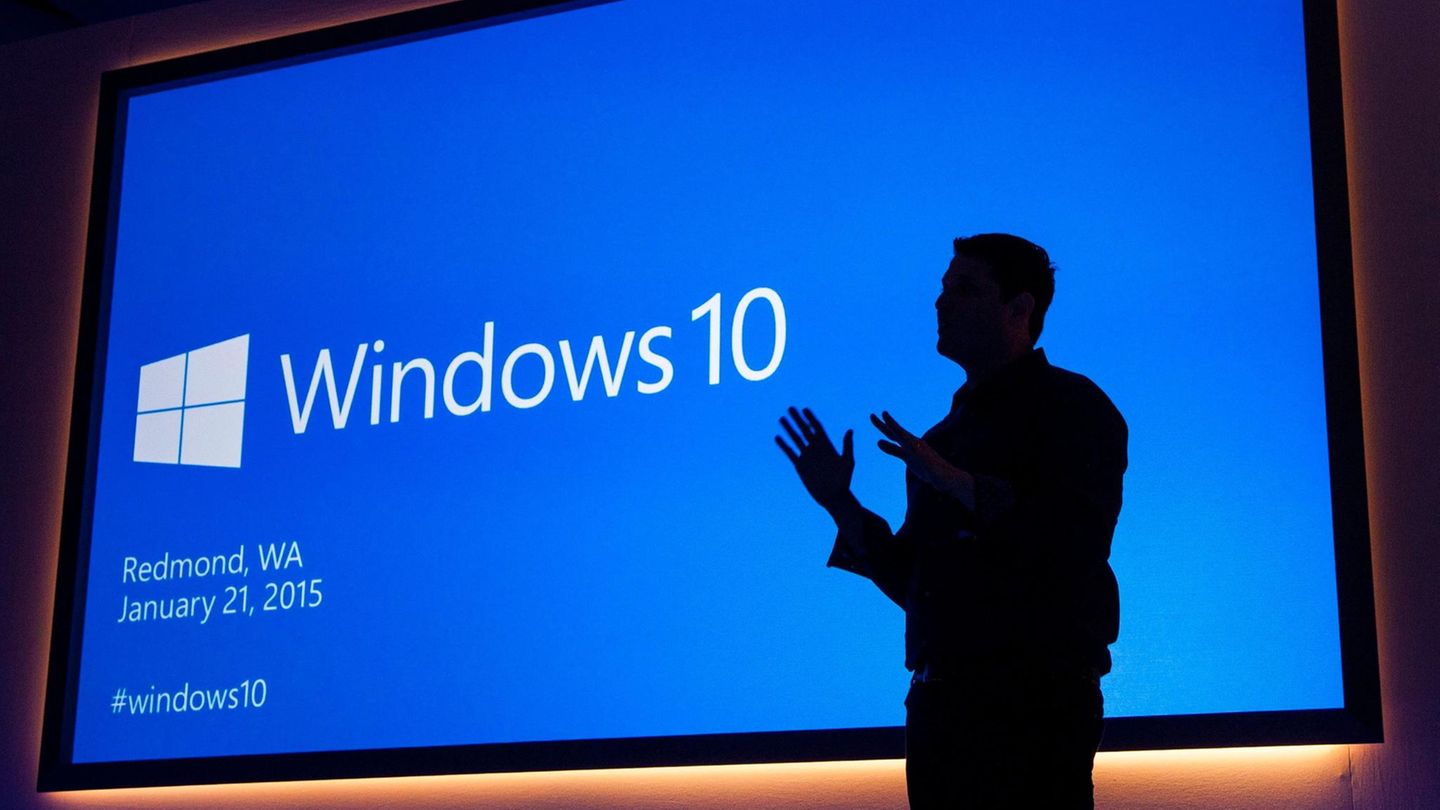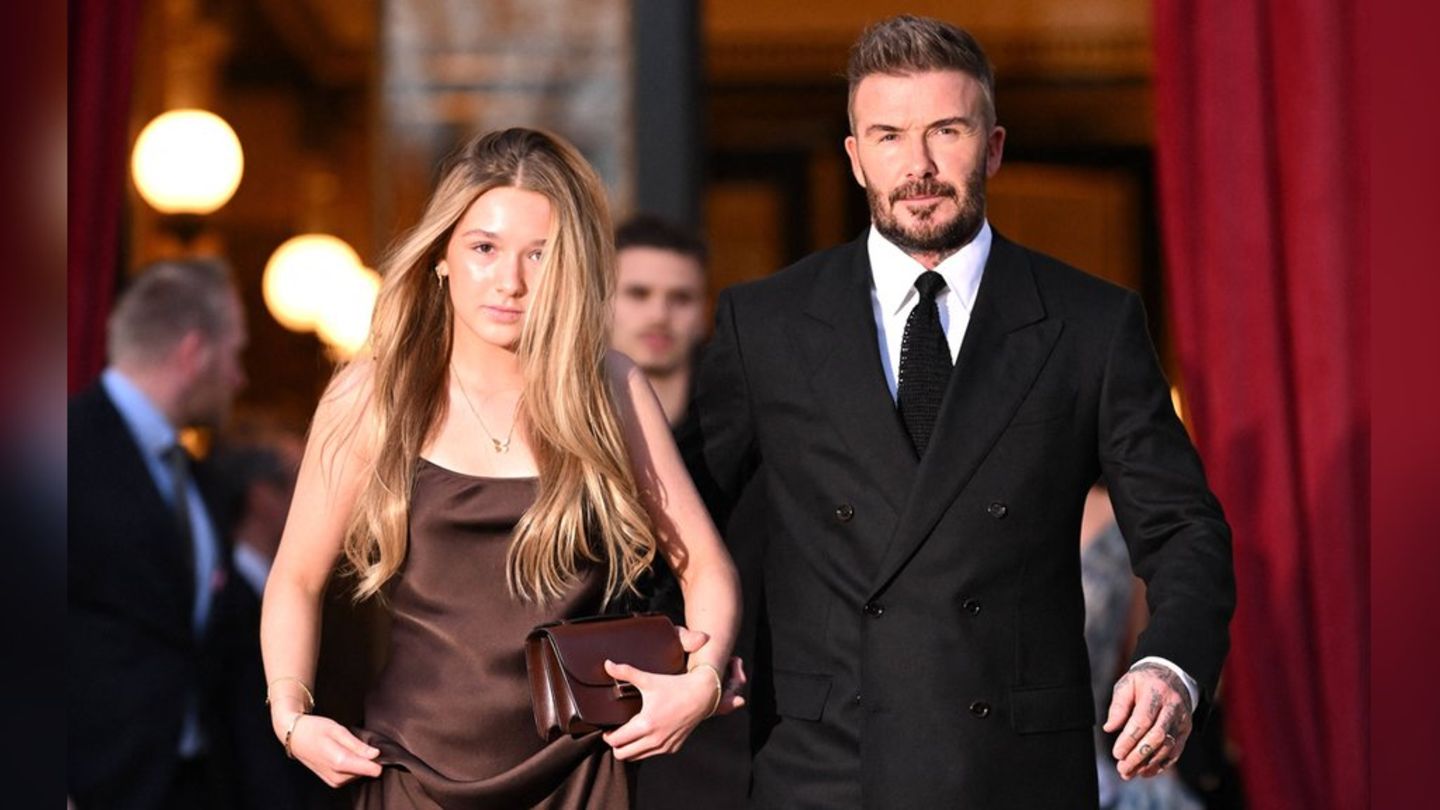Australians today rejected in a referendum granting more rights to native peoples, blocking plans to change their Constitution, in force for 122 years, after a campaign that showed the deep divisions between the white majority and the descendants of the native settlers.
With the scrutiny of two-thirds of the electoral colleges, 55% of citizens voted against the recognition in the Constitution of the aborigines as the first inhabitants of the island.
The reform would have created an advisory body before Parliament to evaluate laws that affect indigenous communities and help address deep social and economic inequality.
Australian Prime Minister Anthony Albanese, who sought racial reconciliation, today tried to console his country’s Aboriginal minority.
“I want to acknowledge tonight that, for many Aboriginal and Torres Strait Islander people, this campaign has been hard to bear. And this result will be very difficult to digest,” said Albanese, quoted by the AFP news agency.
Despite the support of the center-left Government, opinion polls gave little chance of winning.
Despite the fact that the polls pointed to a defeat, indigenous Australians expressed their discontent, since the white majority had rejected the request for a reckoning with the bloody colonial past.
“This is a very difficult result,” said Yes campaign director Dean Parkin.
“We did everything we could and we are going to talk about this again,” he said.
Australian Aboriginal people, whose ancestors have lived on the continent for more than 60,000 years, make up just 3.8% of the population and have suffered stark inequalities since the arrival of the first British convict ships 230 years ago.
Surveys strongly indicate that Australians have little interest in the problems of indigenous communities.
In the days leading up to the referendum, media attention focused as much on events in the Middle East as on the domestic political debate.
The opposition campaign managed to amplify fears about the role and effectiveness of having an Aboriginal rights advisory body in Parliament, and called on all doubters to vote “no”.
The debate was not free of misinformation on the internet and comments emerged according to which this initiative would lead to the confiscation of land or would implement a South African-style apartheid system, or that it was a UN plot.
Indigenous leader Thomas Mayo expressed outrage at the campaign against it, which was backed by Conservative opposition leader Peter Dutton.
“They have lied to the Australian people. This dishonesty must not be forgotten in our democracy,” Mayo said, quoted by the AFP news agency.
“There should be repercussions against this type of behavior in our democracy. They should not get away with it,” he continued.
Voting is mandatory for the 17.5 million people of voting age.
Source: Ambito




